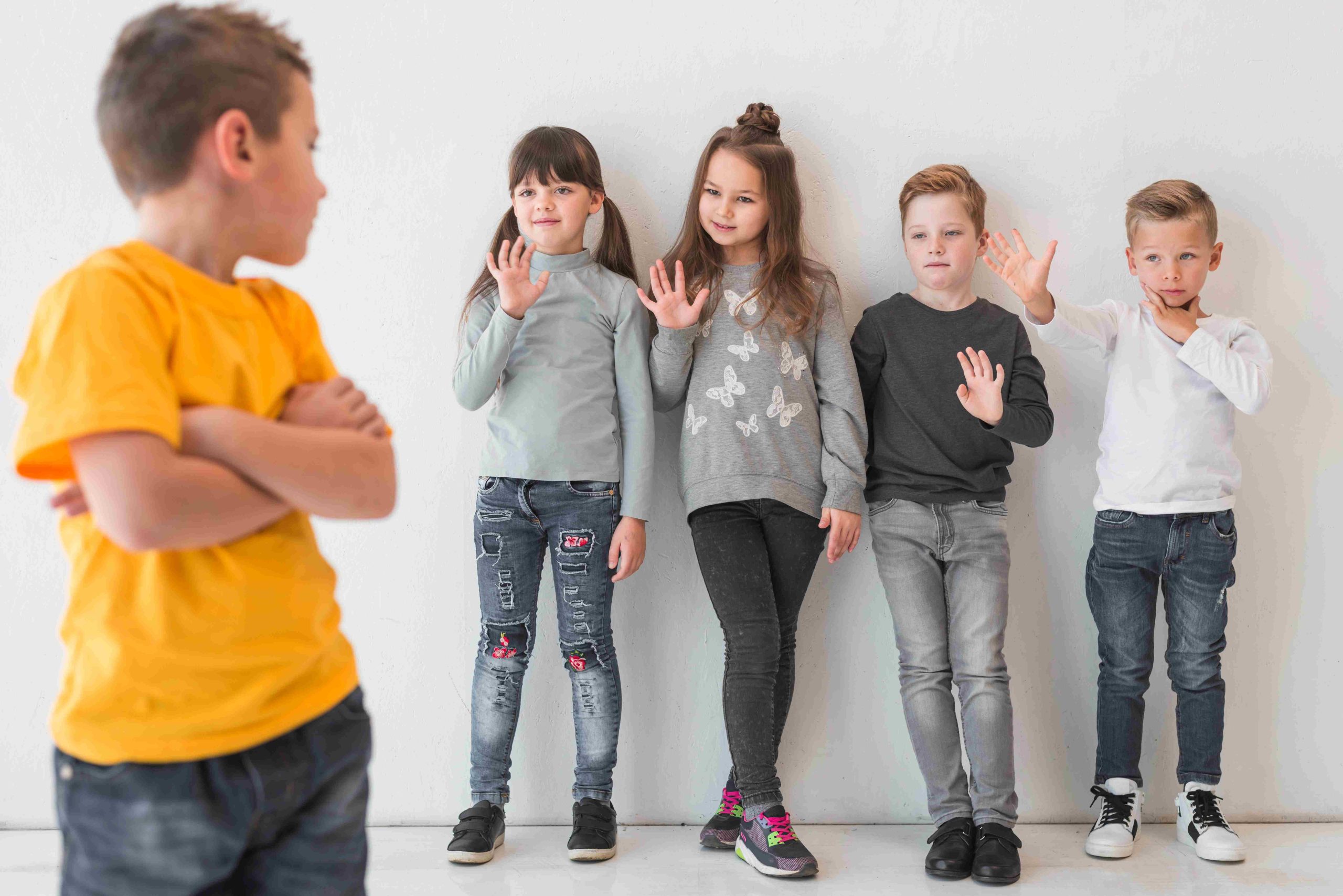The Impact of Humor on Preschooler Development
The Impact of Humor on Preschooler Development
Introduction
Humor serves as more than just entertainment; it significantly influences preschoolers’ development across cognitive, social-emotional, and language domains. In this article, we delve into the profound effects of jokes and puns on preschooler development.
Cognitive Development
Humor enhances cognitive flexibility by necessitating critical thinking and problem-solving skills. Studies indicate that humorous contexts improve memory retention in preschoolers, fostering a more engaging learning environment.
Social-Emotional Development
Engagement in humor cultivates effective communication and social connections in preschoolers. Moreover, humor aids emotion regulation, promoting relaxation and easing tension in challenging situations. It fosters empathy and perspective-taking, crucial for social-emotional growth.
Language Development
Jokes and puns facilitate nuanced language comprehension, enriching vocabulary and linguistic understanding. Participating in humor-rich environments encourages language practice and motivates preschoolers to engage with literature.
Creativity and Imagination
Through playful banter and inventing jokes, preschoolers exercise imagination and creativity. Humor encourages risk-taking and novel thinking, fostering confidence and a growth mindset.
Conclusion
Humor is a potent tool for preschooler development, enhancing cognitive, social-emotional, language, and creative skills. Caregivers must ensure appropriate humor usage, tailored to each child’s needs and cultural background, to foster healthy development.
By embracing humor positively, caregivers and educators create an enriching environment where preschoolers flourish into well-rounded individuals.
